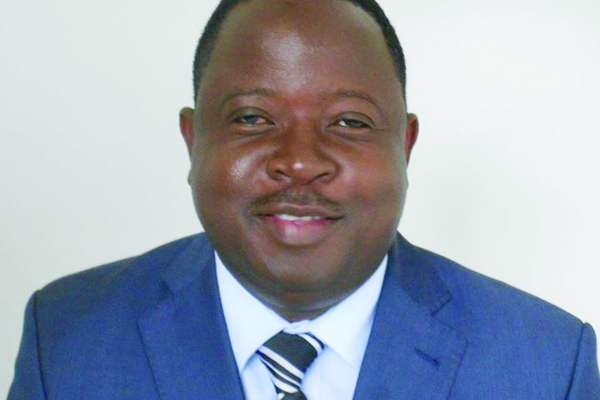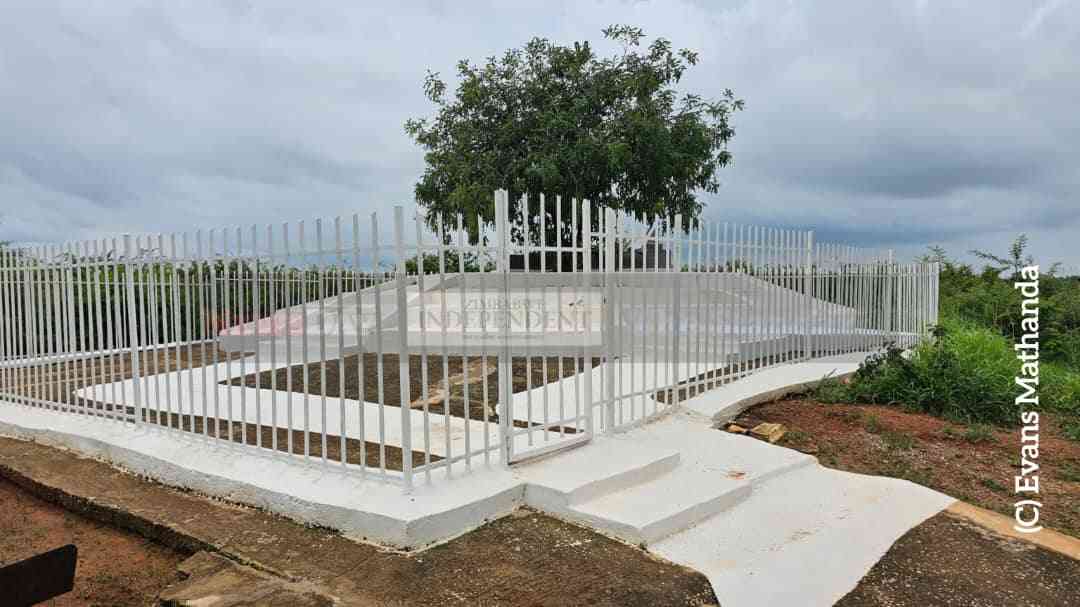
ZIMBABWE’S health budget allocation has been dismissed as grossly inadequate to tackle the myriad of challenges besetting the sector.Finance minister Mthuli Ncube allocated the health sector $54,7 billion, constituting 13% of his $429 billion budget in the 2021 National Budget presented in Parliament on Thursday.
BY Phyllis Mbanje
Although health was allocated the biggest vote, stakeholders have said the amount was inadequate to clean up the mess in the sector.
Most public health facilities are operating on shoe-string budgets with barely meet the minimum tools required to give quality healthcare.
Commenting on the budget allocation the Zimbabwe Nurses Association (Zina) president Enock Dongo said the 13% fell short of the situation on the ground.
“They should have tried for 15% as agreed by the Abuja Declaration. We appended our signature to this and must honour it,” Dongo said.
In April 2001, the African Union member States met and pledged to set a target of allocating at least 15% of their annual budget towards health.
Dongo said the advent of the COVID-19 pandemic has also made the health delivery system worse and this required substantial funding to address the challenges.
- Chamisa under fire over US$120K donation
- Mavhunga puts DeMbare into Chibuku quarterfinals
- Pension funds bet on Cabora Bassa oilfields
- Councils defy govt fire tender directive
Keep Reading
“Unless there is going to be a separate budget for COVID-19,” he said.
He said another concerning issue was the actual release of the funds.
Community Working Group on Health (CWGH) executive director Itai Rusike said the budget allocation to the health sector is below the level required for the delivery of quality health services.
He questioned if the allocation had increased in real terms if compared to other years.
Many Zimbabweans are failing to access health services due to regular increases in essential drug costs and hospital costs.
Citizens Health Watch (CHW) said while they welcomed the increase in health allocation, but was however concerned with the unsubstantiated claims regarding reforms in the sector as foundation for the budgeting.
“A clear audit of the claims should be made. The renovations being celebrated are of little value without personnel and medicines in the respective facilities,” said Fungisayi Dube, from CHW.
“We welcome the increased budget on refurbishment and procurement but measures should be put in place that resources are utilised accordingly as the health sector has been embroiled in corruption scandals.”
Meanwhile, teachers have slammed Ncube’s budget, describing it as “high sounding nothing with no educational traction”.
Ncube allocated $55 billion to the Primary and Secondary Education, which translates to 12,8% of the budget.
Teachers said the allocation fell short of the 22% agreed under the Dakar Framework.
“Against the Dakar Framework that calls for a budget of primary and secondary education above 22% of the national budget, Minister Ncube has only allocated $55,221 of $429,341 billion, which is only 12,8%,” Progressive Teachers Union of Zimbabwe president Takavafira Zhou said.
“Fundamentally, minister’s budget is still rooted in austerity for prosperity of the elites, which austerity would continue to reward teachers with poverty.”
Zhou added: “It is against this background that as educators we are worried by the celebratory mood by some parliamentarians over this allocation.”
Zhou said the $55 billion could not address the teacher’s salary grievances and let alone cater for the demands of 9689 schools for some infrastructural development, more than 6,5 million students, 135 000 teachers and a deficit of 50 000 teachers.











